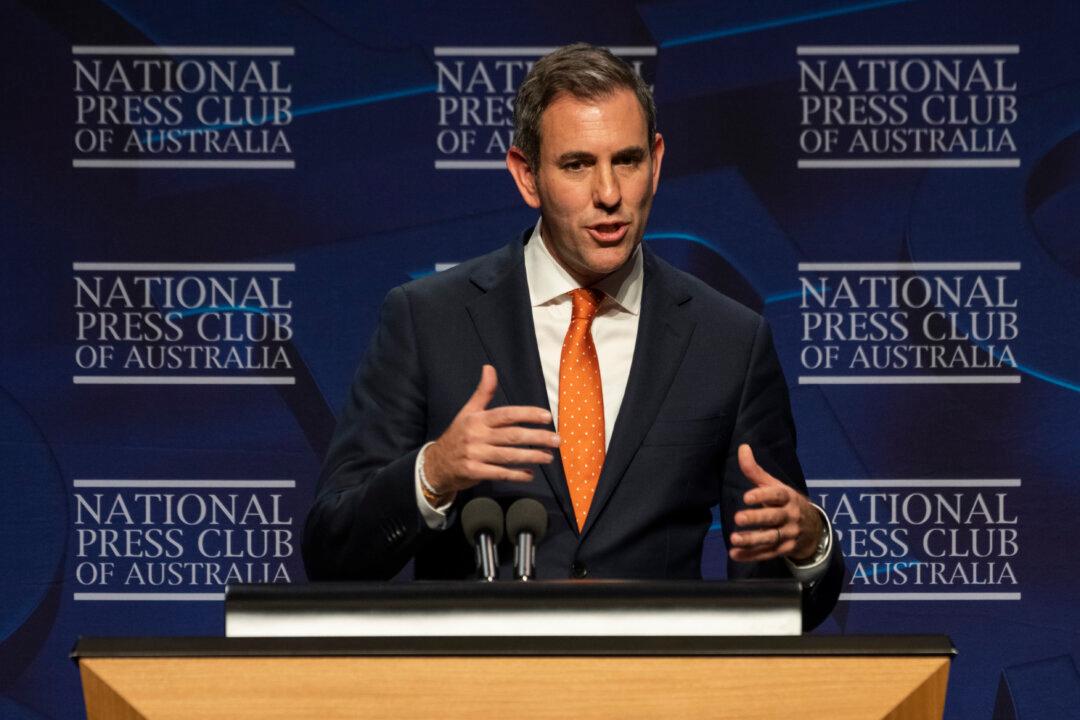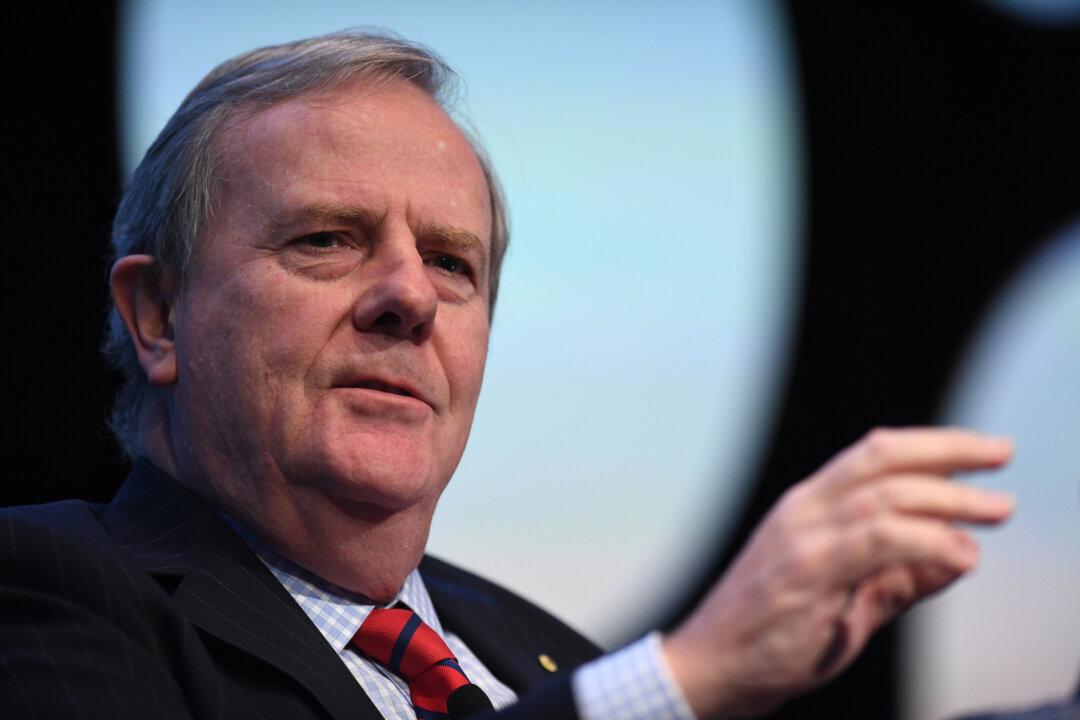Australia had the second strongest budget balance as a share of gross domestic product among G20 countries last year, something the Albanese government attributes to a “responsible approach” to budget management.
Australia’s overall budget balance, which combines the fiscal positions of both the Commonwealth and state governments came in at -0.9 percent of GDP in 2023, only bettered by Canada’s budget position of -0.6 percent.





